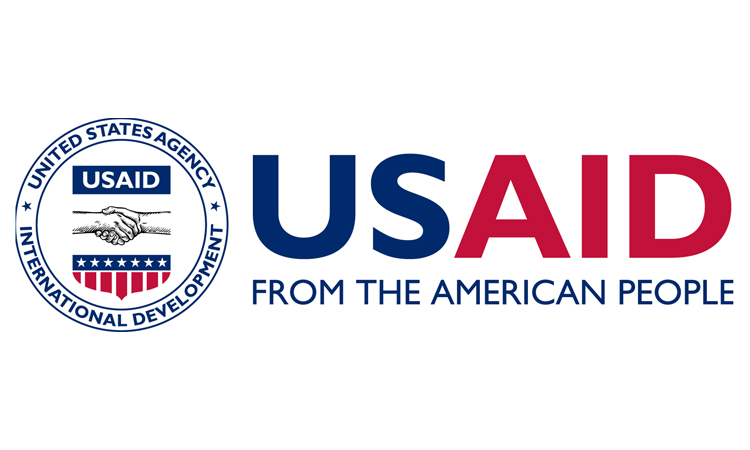
Amid diverging visions for society and democracy US government funds will mean further tensions between the Biden administration and the government in HungaryContinue reading

Der Spiegel has once again written in an arrogant, lecturing tone that is becoming increasingly characteristic of the German mainstream press.
In a recent article, “How to tame the right-wing populists,” the author states at the very beginning that “for years, autocrats and populists were on the rise, but democracy is stronger.”
The author argues that “right-wing populists” such as the Sweden Democrats (SD), Italian Prime Minister Giorgia Meloni, and former US President Donald Trump can be “tamed.” French presidential candidate Marine Le Pen and Hungarian Prime Minister Viktor Orbán would “advance in the strongholds of democracy” alongside Trump, he said, but the autocrats’ winning streak has been far from unbroken this year.
The message of the article is not entirely clear, what links the examples is the author’s apparent conviction that the victory of right-wing politicians in democratic elections is actually a flaw in the matrix and that it is up to the institutions to “restore” the order of liberal democracy.
As for the first example, the anti-immigration SD became the second-strongest Swedish party in the September elections. The party has been surrounded by a traditional cordon sanitaire in Swedish politics, but it has now become impossible to bypass. The two Swedish center-right parties, the Moderates, and the Christian Democrats, have been able to form a government with the external support of the SD. The SD has indeed had to fine-tune its rhetoric over the years to get the center-right parties to negotiate with it, but the fact that they succeeded is mainly due to the party’s significant support.
Giorgia Meloni, leading a right-wing coalition, has won the Italian elections and formed a government. What might the author be referring to as “taming” in her case?
In Italy, there was a huge outcry when
Ursula von der Leyen, President of the European Commission, openly threatened Italians in the days before the elections that if they elected an ‘inappropriate’ government, Brussels would have the means to punish them – as in the case of Hungary and Poland.
To put a positive spin on such a statement is rather cynical of a journalist.
Marine Le Pen did not win the spring presidential election, but her party has won more seats in the French legislature than ever before. The US Republicans failed to win a majority in the Senate but did win a majority in the House of Representatives. Donald Trump did not enter the race, only the candidates he supported. How the result affects Trump’s standing is more complex to judge than placing him on an eclectic axis ranging from Viktor Orbán to the Sweden Democrats.
Finally, the example of Hungary:
Viktor Orbán and Fidesz won the April elections by a landslide, winning a two-thirds majority for the fourth time.
Only days after the elections, Von der Leyen announced the launch of the rule of law procedure. The Hungarian government managed to achieve partial success with intensive negotiations on the recovery fund and EU funds by the end of the year, but the Commission continues to impose new conditions.
Let us not forget that while the European Commission is threatening to withhold funds from Hungary, USAID has announced that it aims to “strengthen democratic institutions, civil society, and independent media” in Hungary by financing NGOs and media outlets, that are likely to come exclusively from the anti-government camp.
Der Spiegel therefore tries to lump together political phenomena that are difficult to compare in order to justify its own thesis. However, it is very distasteful to talk of a victory for democracy when the EU’s response to the results of democratic elections in nation-states is blackmail with funds collected from European tax-payers, and in a situation where first Covid, and then a war is destroying the European economy.
Featured photo via Miniszterelnöki Sajtóiroda/Szecsődi Balázs